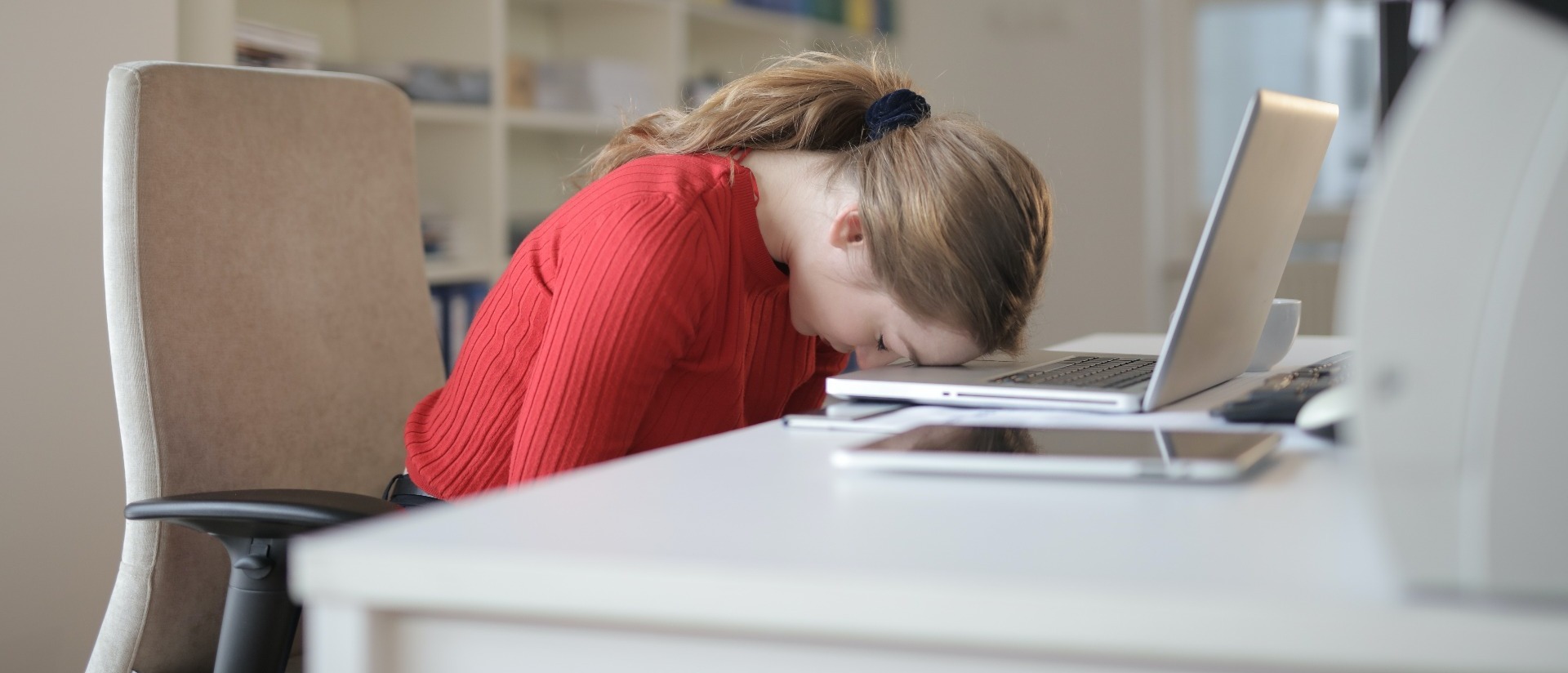2021/22 Self Assessment Tax Return Deadlines
Posted on 15th November 2022 at 08:00
The last tax year started on 6 April 2021 and ended on 5 April 2022.
If you are in Self Assessment, you must file your tax return for 2021/22 and pay the tax you owe by midnight 31 January 2023.
If you had a second payment on account due, the payment deadline was midnight on 31 July 2022. HMRC will charge late payment interest until your second payment on account is paid as part of your balancing tax becoming due by 31 January 2023.
We look at five reasons to file your Self Assessment tax return early this year:
1) You can get a speedy tax refund.
2) Avoid paying an estimated second payment on account if you file your tax return by 31 July each tax year.
3) Plan your finances better and set aside money for paying your tax bill by 31 January 2023.
4) You will avoid incurring penalties and/or late payment interest.
5) Tax benefits. If you make a gift aid, you can carry back the claim to reduce your tax bill.
What are the important deadlines and dates for Self Assessment?
If you commenced a business as a sole trader during the tax year ended 5 April 2022, you must register for Self Assessment with HMRC by 5 October 2022.
If you are already registered for Self Assessment, you must file your tax return for 2021/22 and pay the tax you owe by midnight 31 January 2023.
Your first payment on account for 2022/23 will be due by 31 January 2023. In addition, your second payment on account for 2022/23 is due by midnight on 31 July 2023 which is calculated as half of your previous year’s tax bill for 2021/2022. Payments on account do not include capital gains tax or student loans repayments.
If your payments on account are not sufficient to cover your tax bill, you will be required to make a balancing payment by the due date 31 January. Or it is possible that your payments on account are excessive which can then result in an overpayment. Your Self Assessment for 2021/22 will confirm your actual tax position for the year along with your advance payments on account for the current tax year 2022/23.
As a result of the pandemic, some tax payers might have suffered loss of income in 2021/22 and therefore their second payment on account could be excessive.
If you prepare and file your tax return by 31 July each tax year, your tax position will be reconciled so you don’t have to pay excessive tax in advance to HMRC.
Budget Payment Plan with HMRC
Do you know that you can set up a Budget Payment Plan with HMRC if you want to make regular payments via Direct Debit?
If you are up to date with previous Self Assessment payments, you can set up a Budget Payment Plan using your online account on GOV.UK if you go to the Direct Debit section and choose the budget payment option when completing the Direct Debit form. You can decide how much you pay each month towards your tax bill. If there is anything left to pay, you will need to do this by the payment deadlines 31 January for the previous year and 31 July for your second payment on account.
How we can help?
We are ready to commence preparing your 2021/22 Self Assessment as soon as you provide us with your tax data. Please send your tax records to your usual Chart Accountancy contact as soon as possible, or simply upload your files to our WeTransfer portal: https://chartaccountancy.wetransfer.com/
On receipt of your tax data, we will review your information and let you know if we have any questions before we prepare your tax return for your review and approval.
If we receive your tax records by 28th November 2022, we will endeavour to finalise your tax return by 19th December 2022.
You don’t have to feel overwhelmed by the thought of an upcoming tax bill. We are here to help. If you are not already signed up for our Personal Tax Services, please contact Teodora Dimitrova ACCA to request a quote for our assistance with your 2021/22 Self Assessment: [email protected]

Share this post:



